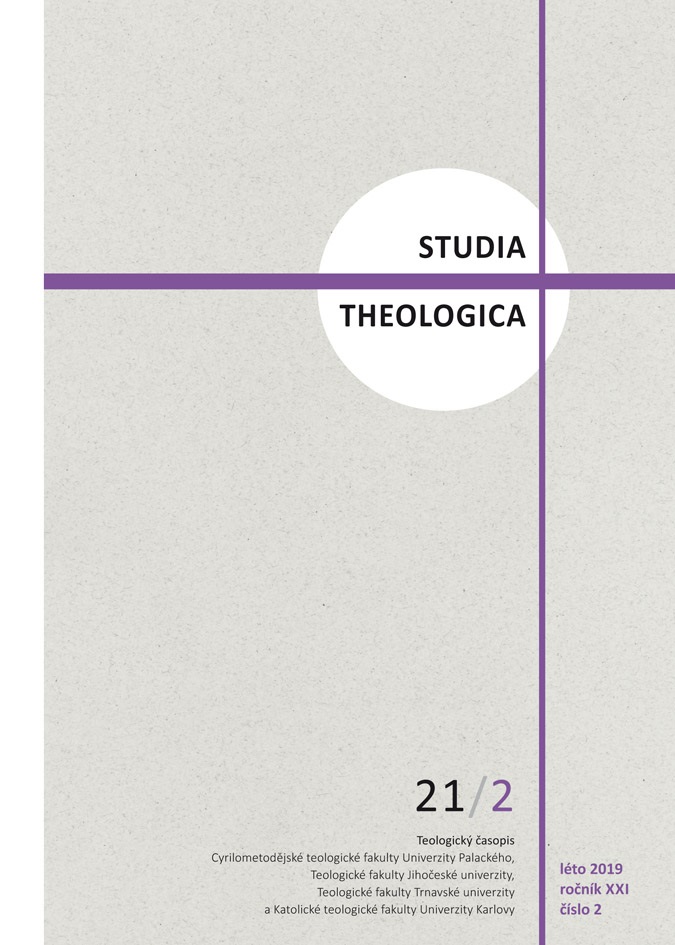Mravní jistota jako princip soudního rozhodnutí
Moral Certitude as a Principle of the Judicial Sentence
Author(s): Jiří KašnýSubject(s): Christian Theology and Religion, Law, Constitution, Jurisprudence, Theology and Religion
Published by: Univerzita Palackého v Olomouci
Keywords: Certitudo Moralis;Moral Certitude;Judge;Sentence;Acts and Proofs;Canonical Trial;
Summary/Abstract: The article examines the requirement of moral certitude in a judicial decision in canon law according to canon 1608 of the Code of Canon Law of 1983. It opens with the Papal Allocutions of Pope Pius XII and Pope John Paul II. It analyses and comments on canon 1608 which rules moral certitude as a principle of the canonical sentence. It consequently examines various aspects of the process of reaching moral certitude, especially the process of collecting and evaluating the proofs, the right of defense of the parties to the process, and the obligation of the judge to appraise the proofs according to the judge’s own conscience. Finally, it concludes that the way to reach a sentence based on moral certitude is quite specific, corresponding to human decision-making before God, and at the same time, is a principle of decision-making in the context of human reason, freedom and responsibility. Moral certitude does not exclude any possibility of judicial error but does exclude every serious and positive doubt about the matter to be decided by the sentence.
Journal: Studia theologica
- Issue Year: XXI/2019
- Issue No: 2
- Page Range: 123-133
- Page Count: 11
- Language: Czech
- Content File-PDF

